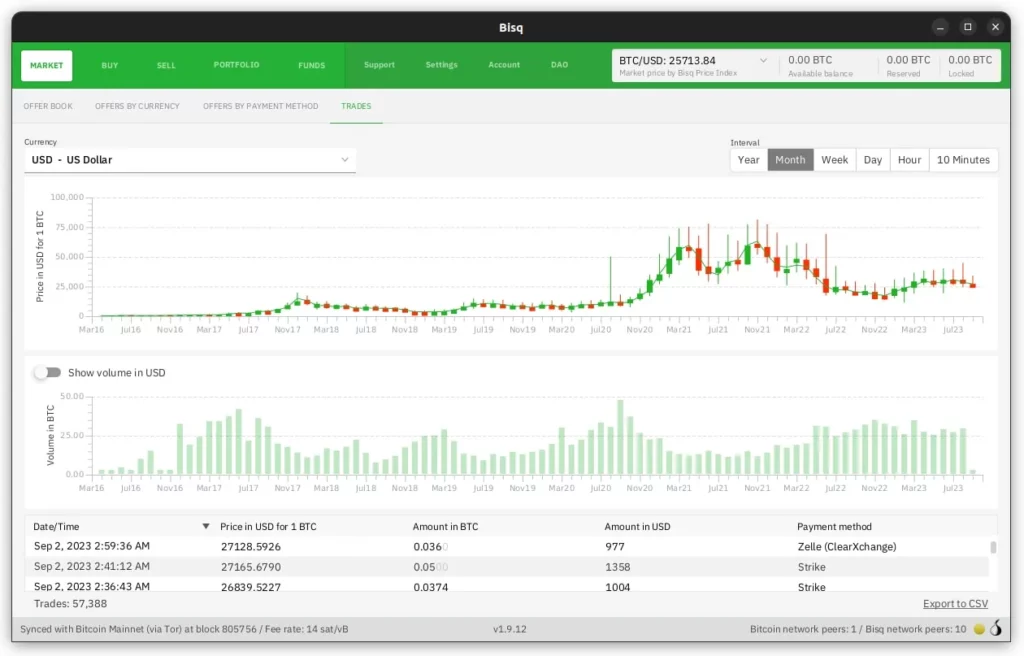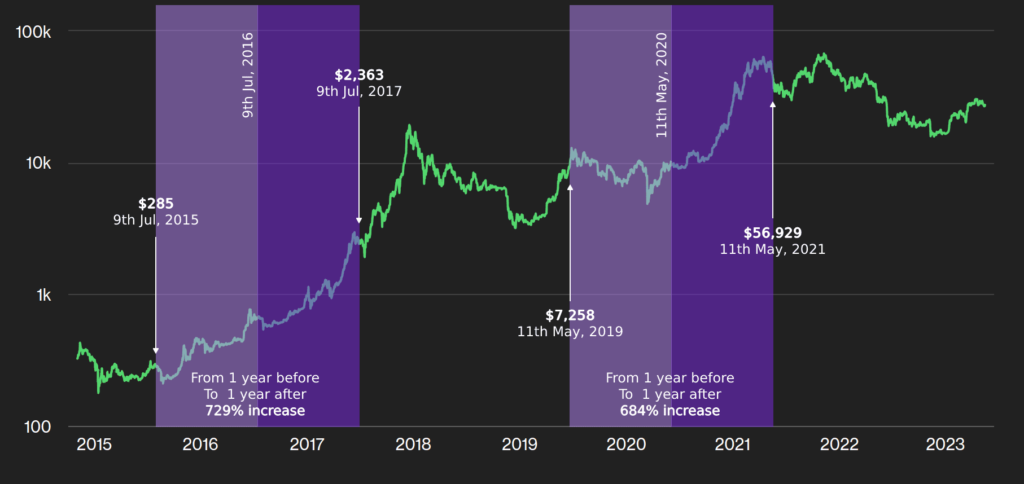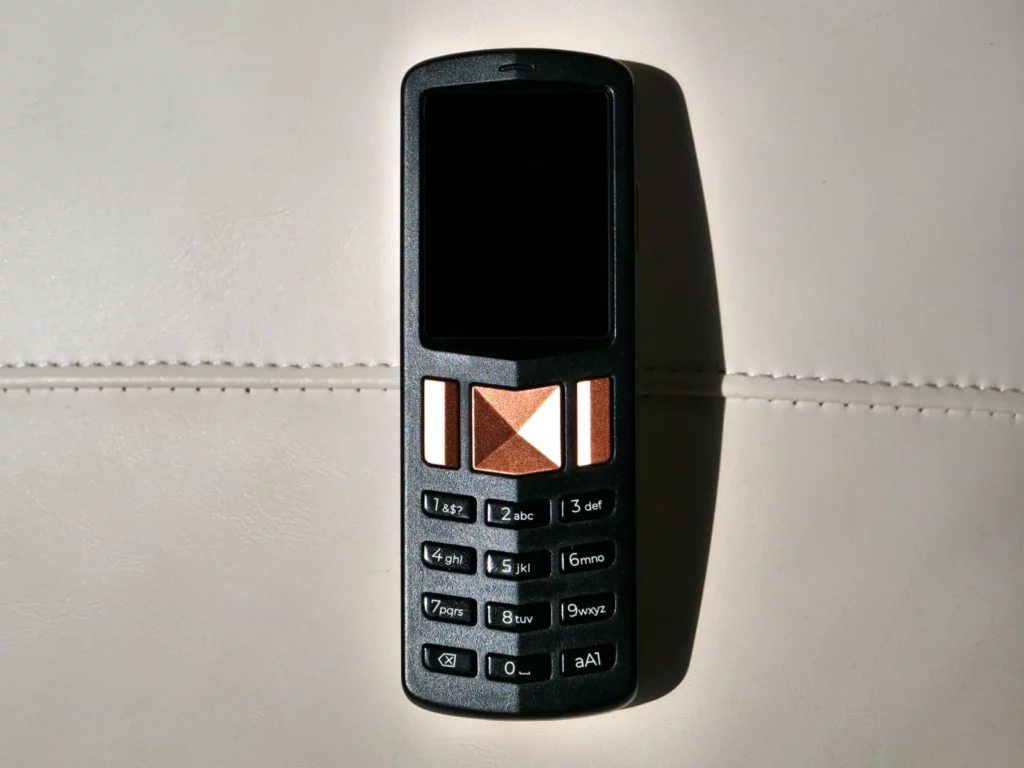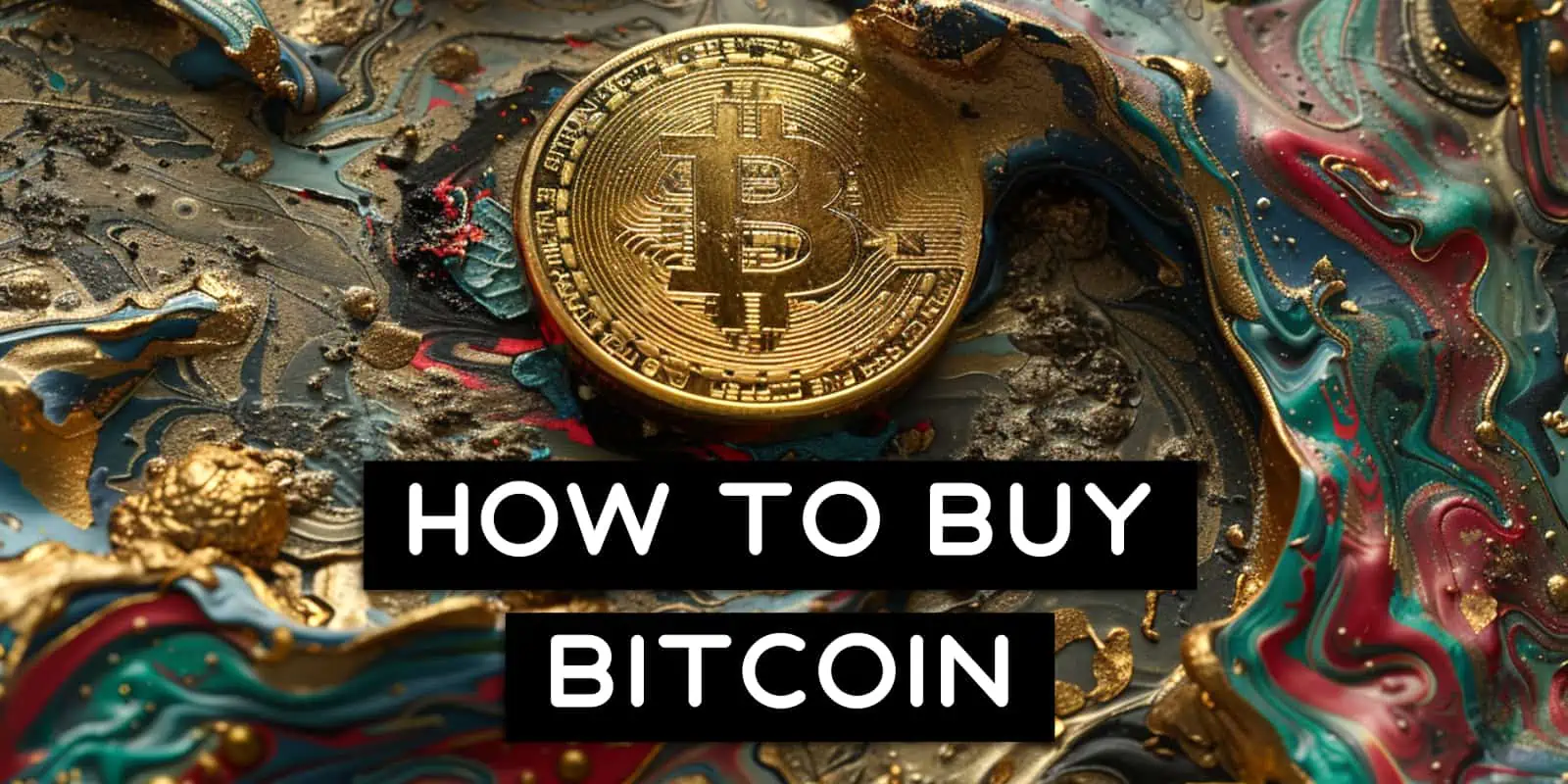Thou shalt not invest in anything thou doesn’t fully understand
To begin with, while you obviously want to know how to buy bitcoin, we encourage beginners to study as much as they can before buying bitcoin in serious amounts. To do this you can read our seminal piece that’s over 5,000 words: What Is A Bitcoin? or if that’s a bit much for you, we also have our shorter read: How Does Bitcoin Work For Dummies?
Contents
How To Buy Bitcoin
- Take A Minute To Educate Yourself: As said, we recommend studying bitcoin in proportion to the amount of bitcoin you’re buying. If you’re just wanting to learn and are starting off buying $100, it’s fine to start straight away. If you’re buying thousands or more, ensure you’ve at least spent a few hours understanding what you’re buying and how to safely store it
- Pick An Exchange: Choose from one of our top rated exchanges below. Our Crypto Exchanges Rating Methodology is fully transparent and built from the ground up to ensure you’re protected
- Download Or Register: Either download or sign up to your chosen exchange. Importantly, this shouldn’t require you to “verify your identity” (KYC/AML). This is explained in more detail below
- Buy Bitcoin Or Place An Offer: Once in the exchange interface, either take someones offer to sell bitcoin or create your own offer to buy bitcoin. Set your buy price and receive address
- Transfer Filthy Fiat: Once you’ve accepted an offer, you’ll receive details on where to send your fiat money to. This is usually transferred via normal payment methods like your bank account, Apple pay, a gift card code or other such forms
- Receive Your Bitcoin: Once the seller receives your payment, they will release the bitcoin to the receive bitcoin address you provided to them
As Bitcoin is a fully open protocol, there are literally thousands of ways to buy bitcoin. From in person with cash to online via gift cards to having your entire paycheck automatically paid in bitcoin. This huge diversity of bitcoin investment methods, while fantastic, can cause confusion among beginners when they buy cryptocurrency, so let’s go through each of them.
Buying Options
At this point most guides tell you to go to some big crypto exchange that pays them the biggest kick backs. That’s not how we do things around here. Instead, we prioritize your safety and privacy and are fully transparent on how we recommend exchanges. Also before buying one cent of bitcoin please go and read:
These two free pieces will help ensure you don’t fall down the wrong rabbit hole and include a number of critical safety measures, least of which is avoiding KYC/AML Crypto Exchanges.
Decentralized Exchanges (DEX)

The safest, best way to buy bitcoin in our opinion is using decentralized exchanges (DEX) which work by matching buyers and sellers up with each other. These types of exchanges don’t hold any user funds and instead simply operate as a way for everyone to come together and buy or sell bitcoin peer to peer.
Many of the best decentralized crypto exchanges are fully open source software (FOSS), don’t require any KYC or personal information, have cheaper trading and transaction fees plus can be much more private and safe as your data isn’t exposed to prying third parties.
Pros:
- Cheapest trading fees
- Non-KYC
- Private and secure
- Thousands of payment methods
- Takes seconds to begin trading
- No trusted third parties that can go bankrupt, steal or impair the asset
- No ongoing management fees
- Self-custodial wallet
- Can operate over Tor and E2EE
- Can be connected to your own full node
Cons:
- Lower liquidity
- Can take longer to perform the trade
- You are fully responsible for the security of the asset
New to Athena Alpha? Start today!
Centralized Exchanges (CEX)
Centralized cryptocurrency exchanges also match buyers and sellers up with each other, however they do so on a centralized platform that usually takes custody of the users funds. As they’re holding users crypto they must verify their users due to KYC and Anti Money Laundering (AML) requirements.
This not only invades your privacy, but can expose your stored data to hackers and thieves via data leaks. Many crypto exchanges have also gone Bankrupt over the years, resulting in them losing all their users funds.
These crypto exchanges usually charge more fees and advertise much more aggressively than other open source DEX’s might. While they can facilitate larger bitcoin purchases, they also make most of their money via trading of highly questionable digital assets.
Pros:
- Higher liquidity
- Can process large and small buy/sell orders very quickly once “verified”
- Can purchase bitcoin using your everyday credit card, debit card or from a bank account
Cons:
- High fees, often in hidden spots like when sending bitcoin
- Usually involves custodial online wallets
- Requires privacy invasive, slow and risky KYC verification process where you will have to upload all your personal identification documents
- Permanently ties any bitcoin transactions to your identity
- Limited payment method
- Cannot be connected to your own full node
Bitcoin ETFs

What most people refer to when they mention a Bitcoin ETF is one that tracks the spot price of Bitcoin. The spot price in simple terms is just the current market price of bitcoin and a spot Bitcoin ETF should directly hold actual Bitcoin in its portfolio on behalf of the ETF holders.
Having Bitcoin represented in an ETF enables investors of all types like pension funds, businesses and institutional investors to quickly and safely gain exposure to Bitcoin and its underlying market without having to deal with taking self custody of it themselves or approving an entirely new asset class. They can just click “buy bitcoin” in their already established setup.
These ETFs hold the crypto assets on your behalf and charge a not insignificant management fee for this service. As you’re interacting with the traditional financial world, you’ll also have to submit to KYC verification and linking all bitcoin you own to your identity.
Pros:
- Can be bought using the huge number of existing trading platforms
- Provides institutional grade security and protection of the underlying asset
- Easier taxes as it’s just another fund in your online account
Cons:
- You will pay fees, called expense ratios, due to the additional third party rent seekers that are involved even if you’re just holding for years. Rates of around 0.5-1% are common and will slowly eat away at your funds over time
- You have many trusted third parties and layers of bureaucracy in the way if you want to move or sell bitcoin in the future
- Requires privacy invasive, slow and risky KYC verification process where you will have to upload all your personal identification documents
- Permanently ties any bitcoin transactions to your identity
- Limited payment method
- Cannot be connected to your own full node
Stockbrokers
Traditional stockbrokers are another way for people to take part in bitcoin investing. From the newer Robinhood to the older Fidelity they also allow you to buy bitcoin using your standard debit card, credit card or bank accounts.
KYC is required, but given many people already have these types of accounts setup they can be an incredibly quick and straight forward way to get exposure to the digital asset. Just as with the Bitcoin ETFs or buying via the major exchanges, your cryptocurrency exchange account as well as all your transactions and balances are linked to your identity via blockchain technology.
Pros:
- Low or zero trading fees
- Higher liquidity
- Can process large and small buy/sell orders very quickly once “verified”
- Can purchase bitcoin using your everyday credit card, debit card or from a bank account
Cons:
- Usually involves custodial online wallets
- Requires privacy invasive, slow and risky KYC verification process where you will have to upload all your personal identification documents
- Permanently ties any bitcoin transactions to your identity
- Limited payment methods
- Cannot be connected to your own full node
Earn Bitcoin As Income
While not an option for everyone and certainly a more slower, long term approach to stacking sats, you can always earn your bitcoin just like you earn fiat currency. This not only supports the bitcoin circular economy, but means there’s no trading fees.
Pros:
- Skips the entire “exchange” part
- Can be completely anonymous and Non-KYC
- Enables a Bitcoin circular economy
- Private and secure
- No trusted third parties that can go bankrupt, steal or impair the asset
- No ongoing management fees
- Self-custodial wallet
- Can operate over Tor and E2EE
- Can be connected to your own full node
Cons:
- Not many jobs available that pay in bitcoin
- Can make managing your taxes more difficult
- You are fully responsible for the security of the asset
Security, Privacy, KYC & Anonymity
Now that you know the main ways to buy bitcoin let’s go a bit deeper on security and privacy. You see, companies that hold user funds in their own bitcoin wallet, conduct transactions on their behalf and provide other financial services such as trading, loans or derivatives must comply with regulations just like a bank would.
To comply with these regulations they put all their customers through extensive KYC verification processes as discussed above. They want to know your name, address, drivers license, photo and more in order to link your identify to the financial transactions you’re doing. Quite often they’ll request a government issued ID, a selfie or other forms of identification.
This creates huge security and privacy problems for you the user. Once you give a KYC exchange your private information and get “verified”, they then link whatever bitcoin you buy to that identity. Forever. This also allows the exchange, the government, third parties and Chain Analysis firms to…
- Track what your balance is
- Track what you spend your money on
- Track what taxes you should be paying
- Sell all this information
These AML/KYC laws also result in vast honey pots of extremely private and valuable data on hundreds of millions of citizens all being located in one spot. These treasure troves of data get hacked with the customers ultimately being the ones that suffer.
While many crypto exchanges pretend like they’re unhackable, it’s pretty clear by now that no business is safe. Not banks. Not big companies. Not even governments. The list of leaked data is legion and it’s already happened to even the best crypto exchanges and hardware wallet companies.
Sure, you might not care about “being totally anonymous”, but you probably don’t want criminals knowing that you own 1 bitcoin and live at address XYZ as this means they can just go beat you with a $5 wrench until you give them all your money.
With bitcoin privacy can quickly become a serious security issue. As such it’s our strong recommendation to only buy bitcoin using non-KYC exchanges. It’s not hard and gives you significant protections in the long run.
What Are The Fees For Buying Bitcoin?

This often confuses newbies to the point where they sometimes end up getting scammed out of hundreds of dollars! This is why it pays to continuously learn about Bitcoin if you plan on buying and investing in it. The main types of fees you’ll come across when using bitcoin are:
- Mining Fees: Each Bitcoin transaction usually requires a fee (paid in bitcoins) to process it. This is the mining fee and is paid directly to the Bitcoin Miner that includes your transaction in the block they mine
- Exchange/Trading Fees: The fee charged by exchange platforms when you exchange one thing for another, for example USD for BTC. Different Exchanges charge different fees ranging from free to 1 or even as high as 6 percent
- Platform Fees: The fees centralized cryptocurrency exchanges charge for doing various things on their platform. For example they might charge you for withdrawing your bitcoins out of their exchange hot wallet
- Scam Fees: It’s not uncommon to hear reports of people being told they need to pay “upgrade” or “activation” fees by scammers or even legit centralized exchanges or platforms. These fees are often huge (think $500, $599 or $900!) and are absolutely scams. Even if the company is legit, you can create a Bitcoin Wallet for free, on any computer or phone in seconds. If they’re charging you these fees leave and never return
When you buy crypto, typically you will pay a trading fee for the purchase. This might be 0% if you’re taking an offer on AgoraDesk or something higher like 2% if you’re buying on Peach Bitcoin.
Then, once you have your bitcoin, you will pay a mining fee (also called transaction fee) to send your bitcoin to your cold wallet for safe, long term storage. This cost will depend on how busy the Mempool is and what fee rate you or the wallet chooses, but usually it’s less than or around $1 regardless of how much bitcoin you’re sending.
Things To Know Before You Buy Bitcoin

Know That Centralized Crypto Exchanges Fail, Regularly
This means you’re trusting some random company, usually the degenerate cryptocurrency exchange industry, with your money. If you think this sounds like a good idea, take a walk through history with our list of Crypto Exchange Bankruptcies piece and think again!
You’re trusting them to be responsible custodians of your funds… all while they’ve made it painfully clear that they cannot be trusted and in many cases are doing outright illegal things (look up FTX).
The original intention and entire reason for Bitcoins existence is to remove trusted third parties from your money. To eliminate what’s called counter party risk. Yield products not only reintroduce these risks, they jack them up to 11. For your security and safety, just don’t go there.
Know Your Bitcoin Isn’t Protected By The FDIC
In the USA, accounts in a bank are covered by the Federal Deposit Insurance Corporation (FDIC) insured up to $250,000 USD meaning that even if the company goes under, your fiat is safe and “backed” by the government.
While laws and rules are different for each country and change frequently, there are currently no Crypto Exchanges that have FDIC protections in the US.
Know About Volatility
There’s a number of reasons why Bitcoin specifically is one of the most volatile assets out there. We go through a number of these reasons in our article Why Is Bitcoin So Volatile, but in general it’s simply due to it still being a very new asset class that has relatively low liquidity compared to other mature markets like stocks or bonds.
Regardless of the reasons behind it, Bitcoin’s already been getting more and more stable, but these things simply take time. It’s reasonable to expect that as Bitcoins market cap increases to match other large assets such as Gold at around $10T, it should have similar, but not the same, volatility as it does.
When it comes right down to it, the main factors for investors to remember is that with more volatility comes more risk, and this risk can cut both way, so be weary!
Know Your Investment Strategy
Thou shalt not squander long-term returns by incurring frequent trading commissions or excessive management fees
FOMO. Going “all in”. Apeing. Wen Moon? There’s dozens of degenerate gambling sayings to encourage and idolize day trading but it’s no different from any other form of asset speculation. Whether it’s Penny Stocks from last century, current stocks today or tulip bulbs time has taught us that it’s just a different (and no less risky) form of gambling.
The constant buying and selling also hugely increases your Bitcoin Carrying Costs and destroys much of your profits all while taking more effort on your part. How you buy, sell and trade your bitcoins is up to you, but make sure you decide up front what you’re really doing before you start and don’t get sucked in by “influencoors” pumping their next altcoin. Know the differences between proper investing and speculation and importantly how the risks relate to you.
Thou shalt have the patience of a nesting hen
A good Bitcoin strategy for beginners is just simply to buy some and wait. We can’t tell you how many bitcoins to buy as that’s considered financial advice. But while you’re waiting you can learn more about the Characteristics Of Bitcoin, Bitcoin Mining or Why It Was Created.
Creating an investment strategy and sticking to it also helps remove emotions and common investment biases from your decision making process and encourages better asset management.
How To Safely Store Your Bitcoin

Once you buy your first bitcoins you’ll need a wallet to store them in. To help with this, we have an in depth pieces on What A Bitcoin Wallet Is that will guide you through which ones to use and when.
It’s important to understand digital wallets as there’s no point using your hard earned money to buy bitcoin if you store it incorrectly or in an unsafe place. There are mobile wallets, desktop wallets, hardware wallets and even paper wallets (please don’t use these).
If you’re too lazy to read that free guide (we have no illusions on how degenerate people are lol) then our top recommendation are:
- Desktop Wallets: Sparrow Wallet
- Mobile Wallet: BlueWallet or Nunchuk
- Hardware Wallets
Keep Your Private Keys Safe
Once you have your wallet setup it will generate your private keys for you, these are essential to accessing and spending your Bitcoin, so it’s crucial to keep them safe. The best way to do this is by buying and using a Hardware Wallet. Other important points include:
- Never, ever sharing your private key with anyone
- Never store your private key digitally. Store it offline on laminated paper or a steel plate
- Keep a backup in an offsite, secure location if you have serious investments
- Learn to use both hot and cold wallets
- Keep your computers, apps and hardware wallets software/firmware up to date
- Never send, receive or post info on social media about your wallet setup. Ever!
- Never use a pre-generated seed phrase, these are scams
We have an entire guide on How To Protect Your Bitcoin Private Key if you want more detailed information.
Helping people understand Bitcoin in simple terms is what we specialize in here at Athena Alpha, so we have plenty of excellent resources available for free. Two main ones are our Beginners and Bitcoin 101 categories or you can start with our Understanding Bitcoin piece. Other great beginner pieces include:
- A Beginners Guide To Bitcoin Security
- A Beginners Guide To Bitcoin Privacy
- 10 Awesome Bitcoin Tips For Beginners
- What Is A Bitcoin Worth? The Perfect Money
- How To Invest In Bitcoins: A Beginners Guide To Keep You Safe
- Dollar Cost Averaging Crypto
- What Is Exit Liquidity & Why Learning About It Will Save You Thousands
- Why Does Your Bitcoin Address Change
FAQ
Can I Purchase $100 Of Bitcoin?
Yes. Theoretically you can purchase any amount of bitcoin, right down to its lowest unit the Satoshi or “sat”. One satoshi is equal to 0.00 000 001 bitcoin. In reality, due to transaction and trading fees most buyers purchase around $100-$200 at a time as otherwise the fees end up being more than the purchase. Other Lightning enabled exchanges like RoboSats can have even lower amounts as their fees are lower.
What Happens If You Invest $100 In Bitcoin Today?
If you purchased $100 of bitcoin today, you’d receive some bitcoin in your wallet minus the trading and transaction fees that you’d pay to buy and transfer the bitcoin to your wallet address. Once in your personal wallet, the bitcoin will remain there, forever, without decay and without any additional fees until you choose to send them to someone or sell them. You can use our Bitcoin Profit Calculator tool to help see what your profit or loss might be.
How Much Does It Cost To Buy 1 Bitcoin?
The cost to buy 1 whole bitcoin changes every second of every day and obviously also depends on which fiat currency you’re using to buy bitcoin. To get always up to date rates, check out our Bitcoin Calculator
How To Obtain Bitcoin For Free?
You can’t get bitcoin for free. Like any other form of money it takes work or other money to obtain. Whether you perform your normal 9-5 job and have them pay you in bitcoin or buy a Bitcoin Mining ASIC and pay for the electricity it uses when mining, all people must work or pay to obtain bitcoin.



